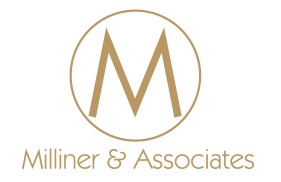 When it comes to our jobs, none of us enjoy feeling like we don’t know what we’re doing. But, we enjoy asking for help even less. Let’s be honest. Asking for help at work is easier said than done. Even within the most question-friendly work environments, people may still feel a certain level of apprehension or concern about revealing that they don’t understand something.
When it comes to our jobs, none of us enjoy feeling like we don’t know what we’re doing. But, we enjoy asking for help even less. Let’s be honest. Asking for help at work is easier said than done. Even within the most question-friendly work environments, people may still feel a certain level of apprehension or concern about revealing that they don’t understand something.
So…here are three tips that will hopefully make you more comfortable with asking a boss or co-worker for help:
1) Be pointed with your questions and thoughts.
Many people think that asking for help will create the perception that they’re clueless about how to do their job. And while it is important to ask for help, it is also important to be pointed with your questions. Even if you are completely confused about something, focused questions help to disguise it. And finally, asking pointed questions keeps the focus on task issues and away from you.
2) Begin the conversation discussing things that you do know/understand, relative to the help you’re seeking.
Another reason people often find it difficult to ask for help at work, is a fear of losing credibility. That’s perfectly natural. The key is to have an offensive. Being proactive about showing credibility prevents losing credibility. You can ask a boss or co-worker for help; express that you don’t understand something, and show credibility at the same time. How? Begin the discussion talking about specific things that you do understand relative to the questions that you have. Asking for help can also be an opportunity to showcase areas where you are strong and confident.
3) Communicate the outcome.
If the help you receive allows you to perform a particular task better or improves your ability to do your job overall, follow up with whomever helped you. After all, who doesn’t want to hear that their input made a difference? More importantly – communicating a positive outcome not only let’s the person know that their help was beneficial, but it also confirms that the questions you had at one point have been resolved.
Guest post by: Kia Mackey, “consultant that produces communication solutions. When business leaders want to say something, I help them communicate it effectively. And when they aren’t sure of what to say, I create an effective message for them.” http://klmsolutions.blogspot.com/
